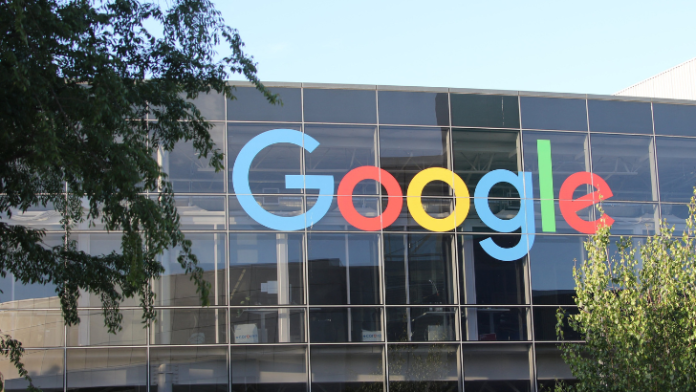A US appeals court has ruled that Google must face lawsuits brought by users who accuse the internet giant of collecting their personal data on its Chrome browser without their permission.
The plaintiffs had chosen not to sync Chrome with their Google accounts (such as their Gmail or YouTube accounts). They thus believed, based on the terms that the browser indicated at the time of the choice, “that certain personal information would not be collected and used by Google”, explains a San Francisco appeals court in a decision published on Tuesday.
The world number one in digital advertising, like its neighbor and competitor Meta (Facebook, Instagram), has been pursuing data privacy cases for years.
Lack of clarity and incognito mode
A judge initially dismissed this class action, finding that Google had succeeded in proving that users had consented to the collection of their private information.
But according to the appeals court judges, the terms used by the California company could lead to confusion.
The trial court, they said, should have looked at the case from the perspective of a typical user and not “attributing to that user the skills of an experienced business attorney or someone who can easily navigate a maze of legal entities to understand what she is. consent to.”
Google’s messages, such as “personal information stored by Chrome will not be sent to Google unless you (…) enable sync”, might lead a “reasonable” user to believe that “if it doesn’t sync”, Google won’t have access to his personal information, emphasizes the court.
“We do not agree with this decision and we are confident that the facts are on our side,” responded José Castaneda, a Google spokesman.
“Chrome Sync helps users use Chrome seamlessly across their various devices and provides clear privacy controls,” he added.
In late December, Google agreed to destroy data collected on millions of users under the terms of a deal reached to end prosecution over Chrome’s “incognito” mode.
In the complaint filed in 2020, the plaintiffs accused the US group of giving users the false impression that they are not being tracked by Google when browsing in “incognito” mode, and demanded $5 billion.
From Washington to Brussels, authorities have long sought to regulate the practices of Google and Meta, whose profits are largely based on the personalized advertising targeted at users using their data.
